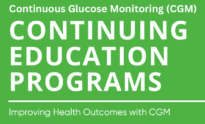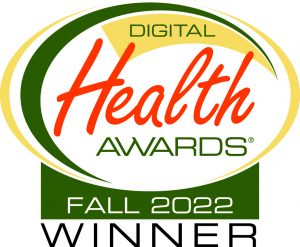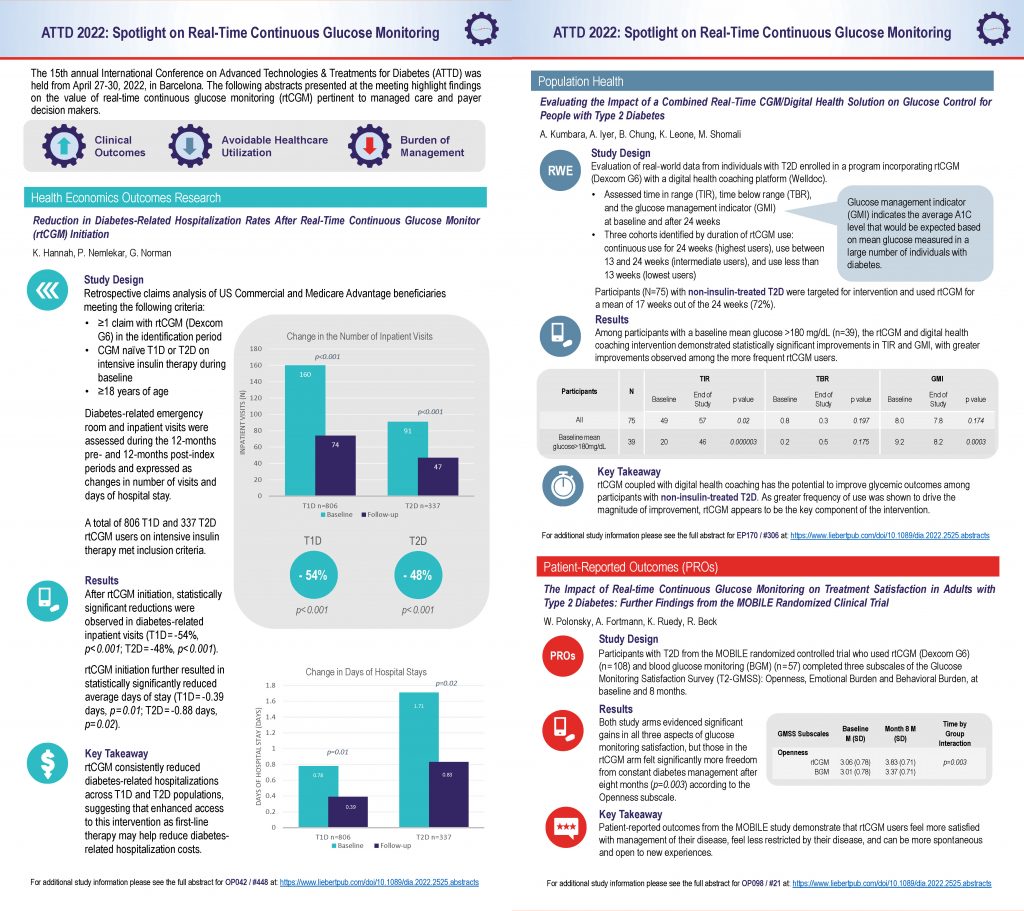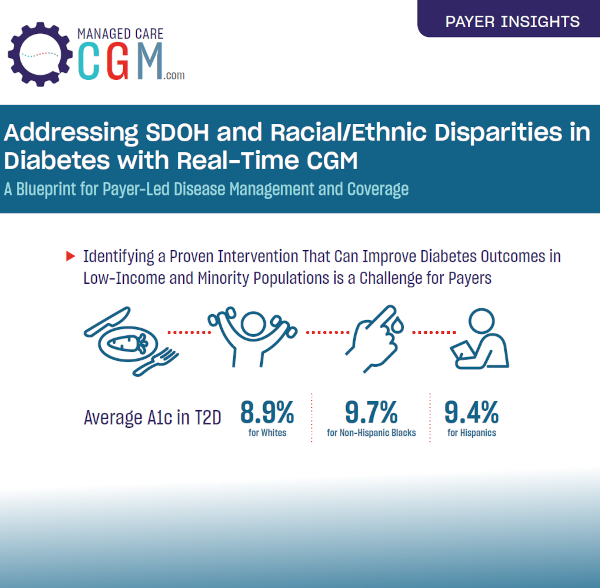Trending

Download a comprehensive listing of continuing education programs for pharmacists, physicians and nurses on the topic of CGM.
Learn More
Leveraging an opportunity for health plans to support improved patient outcomes in diabetes management with CGM, AMCP sponsored a multifaceted initiative to identify best practices. The program approach consisted of expert interviews, a national payer survey, and an expert panel workshop with clinical experts and managed care stakeholders. In addition to a national webcast to communicate the program findings, this supplement published in the Journal of Managed Care and Specialty Pharmacy summarizes current evidence and consensus recommendations for CGM to support the effective management of diabetes in health plan populations. The supplement also presents the findings from the national payer survey and describes expert-supported health plan best practices around streamlined but evidence-based coverage and access to CGM. Managed care and payer professionals will find this information useful in making collaborative, evidence-based decisions to optimize outcomes among members with diabetes.
Learn More
Despite Medicare making strides toward improving access with expanded coverage criteria in recent years, experts in the field of endocrinology are speaking out on the importance of reaching underserved populations with the “potentially life-changing benefits” of CGM technology. In addition to expanded coverage eligibility, Richard M. Bergenstal, MD, noted that access to CGM must be simplified by making the technology more readily available in clinic and community settings. To support these efforts, Irl B. Hirsch, MD, called on the role of patient and provider education for driving appropriate uptake and utilization. Managed care and payer professionals will find these expert insights valuable for addressing disparities in diabetes care and outcomes among members affected by SDOH.
Learn More
Source: Population Health Management
Programmatic integrated approaches have been used successfully and cost-effectively to manage various chronic conditions. The incorporation of rtCGM in similar integrated approaches to diabetes management presents an opportunity to improve quality outcomes and reduce costs on a population level. This publication details the evidence to suggest it may be time to support broader adoption to incorporate the use of rtCGM.
Learn More
CME INFORMATION
Release Date: 9/15/2022
Expiration Date: 9/15/2023
TARGET AUDIENCE
This activity is intended for primary care physicians and internal medicine physicians.
LEARNING OBJECTIVES
Upon completion of this activity, participants will:
- Have increased knowledge regarding the Data supporting use of rtCGM in practice
- Have greater competence related to Implementing practical strategies for
using rtCGM in practice
This infographic recaps real-time continuous glucose monitoring (rtCGM) abstracts from the 15th International Conference on Advanced Technologies & Treatments for Diabetes (ATTD 2022) – where innovation in diabetes medicines and treatments, cutting-edge technologies, and the latest research is presented. These abstracts are pertinent to managed care and payer decision makers and help characterize the value of rtCGM in improving clinical outcomes, decreasing avoidable healthcare utilization, and decreasing the burden of diabetes care management.
Learn More
The American Diabetes Association (ADA) Standards of Medical Care represent the latest evidence-based recommendations for guiding clinical practice. According to the most recent edition of these guidelines, Level A evidence from the MOBILE study supports the use of real time continuous glucose monitoring (rtCGM) in patients with insulin-treated type 2 diabetes (T2D) regardless of regimen. The findings from the MOBILE study likewise demonstrate the value of rtCGM across typically underserved demographics of patients impacted by social determinants of health (SDOH). Taking the ADA recommendations into consideration, payers are formulating coverage policies that facilitate appropriate access to rtCGM, improved outcomes in T2D, and proven per-member-per-month (PMPM) cost savings.
Video Summary

- 1-0 of 0 results


